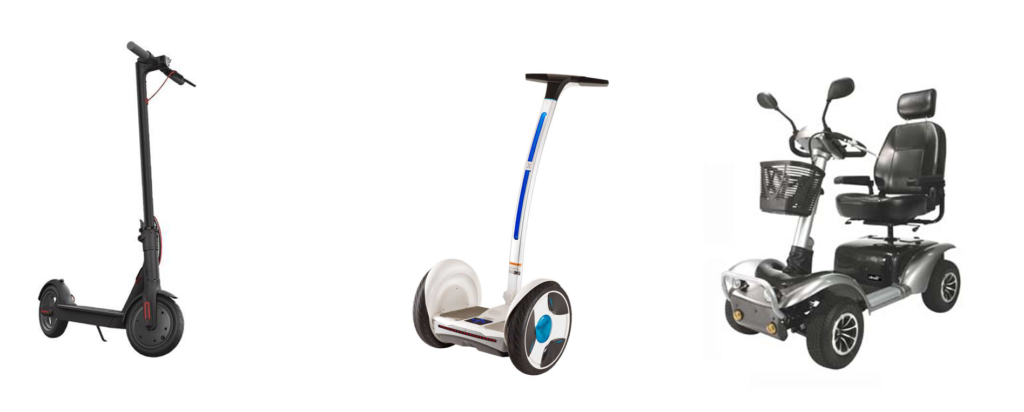
Three Georgia Democrats have filed legislation to regulate personal assistive mobility devices under the Georgia Motor Vehicle code.
Democrat Senators Donzella James, Michael Rhett, and Harold Jones filed Senate Bill 24 on the devices last week.
Electric personal assistive mobility devices are power-assisted devices for mobility such as wheelchairs, scooters, and more recent innovations such as the Segway™ Human Transporter. These devices are used by persons who are partially or completely immobile and also for fun, depending on the device.
The proposal, if passed, would directly impact the Bird, Lime, Skip, Spin, and similar brand scooters gaining traction in cities around the state and nation.
The new proposal amends OCGA 40-2-20 to read that “every owner of a motor vehicle, including a tractor, electric personal assistive mobility device not provided for in subsection (b) of this Code section, or motorcycle, and every owner of a trailer shall, during the owner’s registration period in each year, register such vehicle as provided in this chapter and obtain a license to operate it for the 12 month period until such person’s next registration period.”
Scooter users, those who use wheelchairs without a handicap permit, and Segway riders would be required to register their devices with the Georgia Department of Motor Vehicles the same way cars and trucks are registered annually. The burden would be on the owner of the device. The bill does not prescribe an annual fee, which would likely be set by the respective state agency, but does cite code section for required license plates for identification.
Current law excludes mopeds and golf carts from the registration guidelines.
Senate Bill 24 would provide an exception for any mobility device of a “holder of a handicapped parking permit issued by the Department of Revenue and such owner is operating such electric powered personal transportation vehicle.”
The bill has been assigned to the Senate Public Safety committee.
Senate Bill 24 is below. (If you’re having trouble reading the PDF, click here)
Jessica Szilagyi is a former Statewide Contributor for AllOnGeorgia.com.

4 Comments
Leave a Reply
Cancel reply
Leave a Reply

Bulloch Public Safety
06/23/2025 Booking Report for Bulloch County

Bulloch Public Safety
06/30/2025 Booking Report for Bulloch County

Bulloch Public Safety
7/14/2025 Booking Report for Bulloch County

Bulloch Public Safety
7/11/2025 Booking Report for Bulloch County

Bulloch Public Safety
7/09/2025 Booking Report for Bulloch County












Fed up
January 22, 2019 at 4:29 pm
Surprise another tax proposed by democraps
Abdulsalam Shareef
January 23, 2019 at 8:34 am
Really? That’s what your takeaway is from this article? I am more upset about the idea of forced registration of people. That’s a huge no to me.
elsie lee
January 23, 2019 at 8:05 am
This would violate ADA since these are necessary for the mobility-impaired and it’s inappropriate to tax the disabled on the tools they use to migitate their disability. Well-established law.
As for the non-disabled cop-out: 1) lots more paperwork to verify who is and who isn’t. 2) more cost to the disabled to fill such paperwork and continually have proof ready. 3) Still discriminatory.
If the scooters being sold are not medical devices (i.e. don’t meet the speed restrictions for such), then this isn’t an applicable issue. Golf carts aren’t medical devices and can’t be used on sidewalks and other pedestrian avenues.
These Democrats need a wake-up call from some disability lobbyists.
Steven T Baughman
May 6, 2019 at 11:50 am
Typical democrat approach, “regulate & tax it”. Democrats need to wake up and get off their “tax and spend” rhetoric. If they want to have any relevance in the future, they need to understand that voters have a firm grasp on the downside of over-regulation and excessive taxation. One need only look at the positive economic effects generated from recently reduced federal regulations and taxes to understand the benefits to the working class.